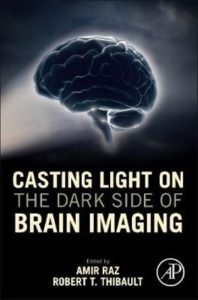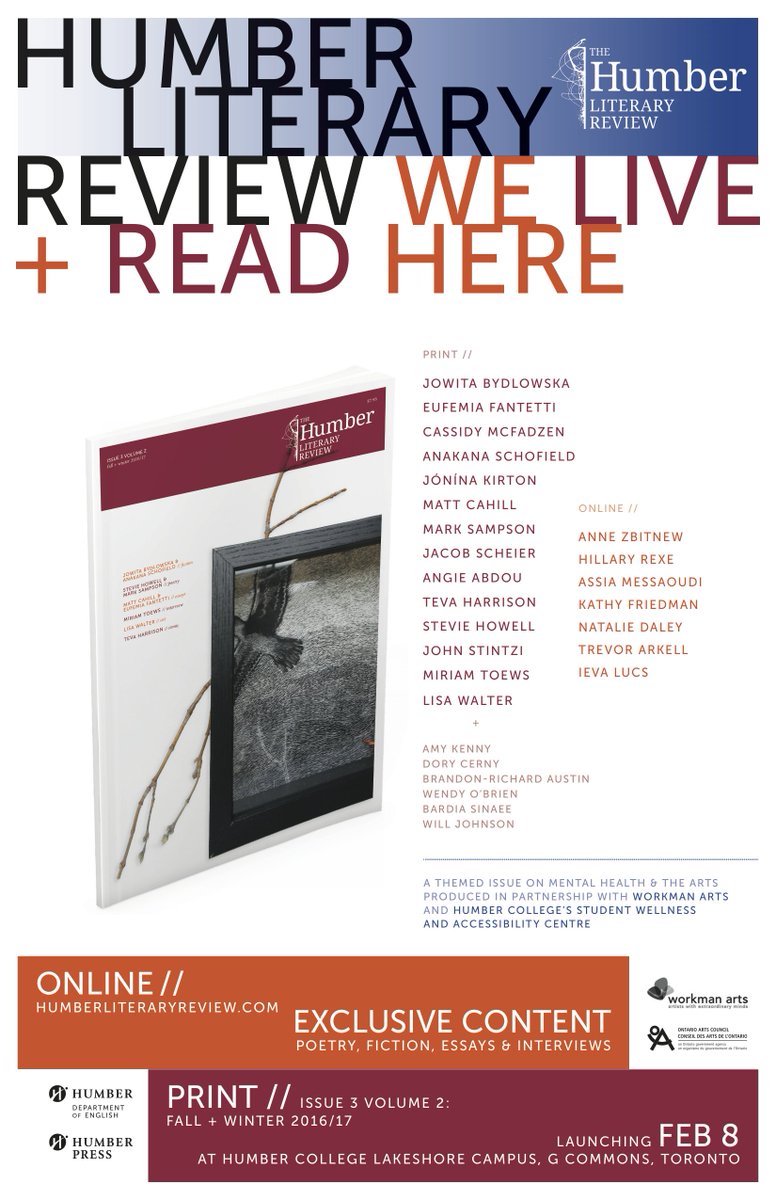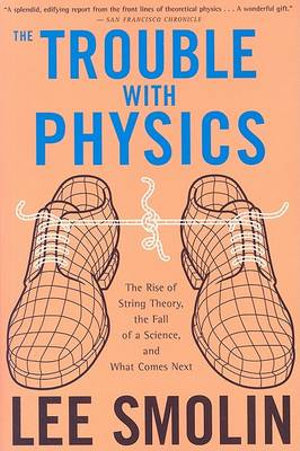In our current state, with the coronavirus COVID-19 circulating around the globe, everyone is on alert. The good news is that many people, particularly on social media are providing helpful information and/or forwarding information from those who are working on the frontlines (I also appreciate the many newspapers that are sharing related resources without a paywall). Considering how some movies and books have modelled society’s chaotic behaviour during a pandemic, I’m impressed with how we’re handling it.
That said, despite the best intentions, for some it’s all too much. As in: too much information, too much input, too much emotion, too much logic. It’s the volume, both in spatial capacity and, in some cases, loudness (if figurative), that can get to us.
As someone whose day job involves the intake and intermingling of a lot of types of information, a lot of input, a lot of emotion, and a fair amount of logic, I know what it’s like to find yourself overwhelmed. Especially, and ironically, when it’s useful stuff that’s overwhelming me. The last thing you want to do is read something, or watch something, or listen to something after a day (or a week or more) of that. And yet how do we break the logjam in our head without simply inputting more information in the process?
There’s meditation, right? I value meditation, and it is a legitimate option (particularly now with apps such as Headspace), but it’s not something that you just plug in and benefit from immediately. It takes practice and not a little guidance for some. Even potentially meditative arts such yoga or martial arts require training before we feel their benefit.
I would like to recommend abstraction. Go ahead and read, but maybe try poetry — where form itself, as well as language, is at play, where you are free of the necessity of following a story and plot. Speaking of language, for those practicing a second (or third) language, try reading poetry in that language aloud to yourself. Go ahead and listen to music, but perhaps you might try ambient or experimental — where there is no overly familiar verse/chorus structure, but something enveloping and amorphous (I wrote more extensively about ambient/experimental music here). Want to watch something? Go for a walk, without headphones or devices to distract you, and instead take in what’s around you; take routes you’ve never walked before. The advantage of abstraction, especially if, like me, you are sensitive to patterns, is the lack of literalism — the sense-making is more constructivist, less top-down and objective.
I think it’s important to give ourselves something to help take our minds off the waves of information we’re intaking every day, to stimulate our ideas without overwhelming us at the same time. Getting back to meditation, one phrase which I find very helpful, taken from a professional seminar I attended, is this: acceptance is not approval. In other words, there will always be things outside of our control, some of which may frustrate us — a classic example is coming to a busy streetcar stop only to have people stream aboard before we can get off — but if we can learn to accept that we cannot realistically control these things then the darker parts of our psyche won’t be (as) activated — and, most importantly, that this is not the same as bestowing some sense of blessing on those irritants.




 So when someone asks me What do you think about x? I sometimes find myself considering a number of things and contexts to understand the question. The drawback is we’ve created a world where this sort of complexity is undesired. Certainly, in some industries and roles, complexity is unnecessary — a prime example would be assembly line work where the task is to simply crank out carbon copy iterations of something already conceived-of and revised to an acceptable standard. If you want to know what roles robots and AI are going to swallow up in the future, it’s those things. Complexity, on the other hand, keeps us guessing, reminds us that there are no set answers, or if there are they are kludges we developed until the next discovery forces us to revise our notions, our presumptions.
So when someone asks me What do you think about x? I sometimes find myself considering a number of things and contexts to understand the question. The drawback is we’ve created a world where this sort of complexity is undesired. Certainly, in some industries and roles, complexity is unnecessary — a prime example would be assembly line work where the task is to simply crank out carbon copy iterations of something already conceived-of and revised to an acceptable standard. If you want to know what roles robots and AI are going to swallow up in the future, it’s those things. Complexity, on the other hand, keeps us guessing, reminds us that there are no set answers, or if there are they are kludges we developed until the next discovery forces us to revise our notions, our presumptions. Smolin’s book is making a case for the fact that string theory is a failure; a spectacular failure that its adherents defend with a most byzantine theoretical web; that, because string theory is de rigueur in so many of the top schools, with so many reputations at stake, no one wants to recognize the fact that string theory — an attempt to harmonize the ideas of quantum theory and relativity so that we might understand the foundation of the universe more clearly — is a dead end.
Smolin’s book is making a case for the fact that string theory is a failure; a spectacular failure that its adherents defend with a most byzantine theoretical web; that, because string theory is de rigueur in so many of the top schools, with so many reputations at stake, no one wants to recognize the fact that string theory — an attempt to harmonize the ideas of quantum theory and relativity so that we might understand the foundation of the universe more clearly — is a dead end.